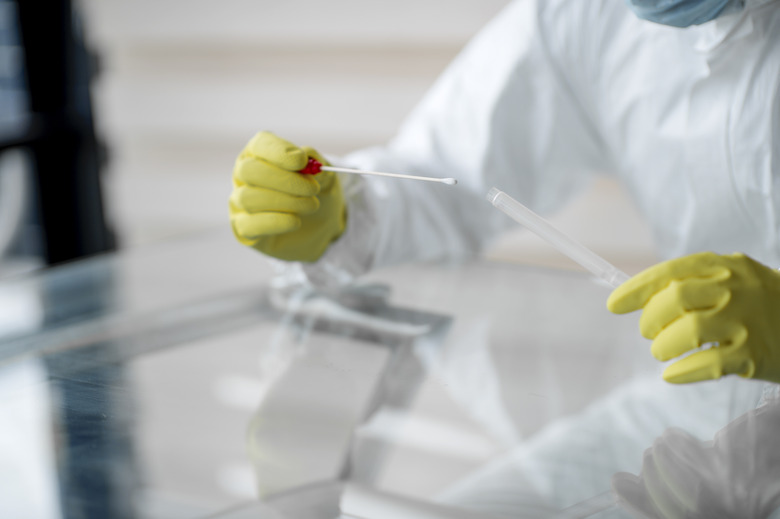The Importance Of Hypothesis Testing
A hypothesis is a theory or proposition set forth as an explanation for the occurrence of some observed phenomenon, asserted either as a provisional conjecture to guide investigation, called a working hypothesis, or accepted as highly probable in lieu of the established facts. A scientific hypothesis can become a theory or ultimately a law of nature if it is proven by repeatable experiments. Hypothesis testing is common in statistics as a method of making decisions using data. In other words, testing a hypothesis is trying to determine if your observation of some phenomenon is likely to have really occurred based on statistics.
Statistical Hypothesis Testing
Statistical Hypothesis Testing
Statistical hypothesis testing, also called confirmatory data analysis, is often used to decide whether experimental results contain enough information to cast doubt on conventional wisdom. For example, at one time it was thought that people of certain races or color had inferior intelligence compared to Caucasians. A hypothesis was made that intelligence is not based on race or color. People of various races, colors and cultures were given intelligence tests and the data was analyzed. Statistical hypothesis testing then proved that the results were statistically significant in that the similar measurements of intelligence between races are not merely sample error.
Null and Alternative Hypotheses
Null and Alternative Hypotheses
Before testing for phenomena, you form a hypothesis of what might be happening. Your hypothesis or guess about what's occurring might be that certain groups are different from each other, or that intelligence is not correlated with skin color, or that some treatment has an effect on an outcome measure, for examples. From this, there are two possibilities: a "null hypothesis" that nothing happened, or there were no differences, or no cause and effect; or that you were correct in your theory, which is labeled the "alternative hypothesis." In short, when you test a statistical hypothesis, you are trying to see if something happened and are comparing against the possibility that nothing happened. Confusingly, you are trying to disprove that nothing happened. If you disprove that nothing happened, then you can conclude that something happened.
Importance of Hypothesis Testing
Importance of Hypothesis Testing
According to the San Jose State University Statistics Department, hypothesis testing is one of the most important concepts in statistics because it is how you decide if something really happened, or if certain treatments have positive effects, or if groups differ from each other or if one variable predicts another. In short, you want to proof if your data is statistically significant and unlikely to have occurred by chance alone. In essence then, a hypothesis test is a test of significance.
Possible Conclusions
Possible Conclusions
Once the statistics are collected and you test your hypothesis against the likelihood of chance, you draw your final conclusion. If you reject the null hypothesis, you are claiming that your result is statistically significant and that it did not happen by luck or chance. As such, the outcome proves the alternative hypothesis. If you fail to reject the null hypothesis, you must conclude that you did not find an effect or difference in your study. This method is how many pharmaceutical drugs and medical procedures are tested.
Cite This Article
MLA
Dubois, Sirah. "The Importance Of Hypothesis Testing" sciencing.com, https://www.sciencing.com/the-importance-of-hypothesis-testing-12750921/. 25 September 2011.
APA
Dubois, Sirah. (2011, September 25). The Importance Of Hypothesis Testing. sciencing.com. Retrieved from https://www.sciencing.com/the-importance-of-hypothesis-testing-12750921/
Chicago
Dubois, Sirah. The Importance Of Hypothesis Testing last modified March 24, 2022. https://www.sciencing.com/the-importance-of-hypothesis-testing-12750921/
